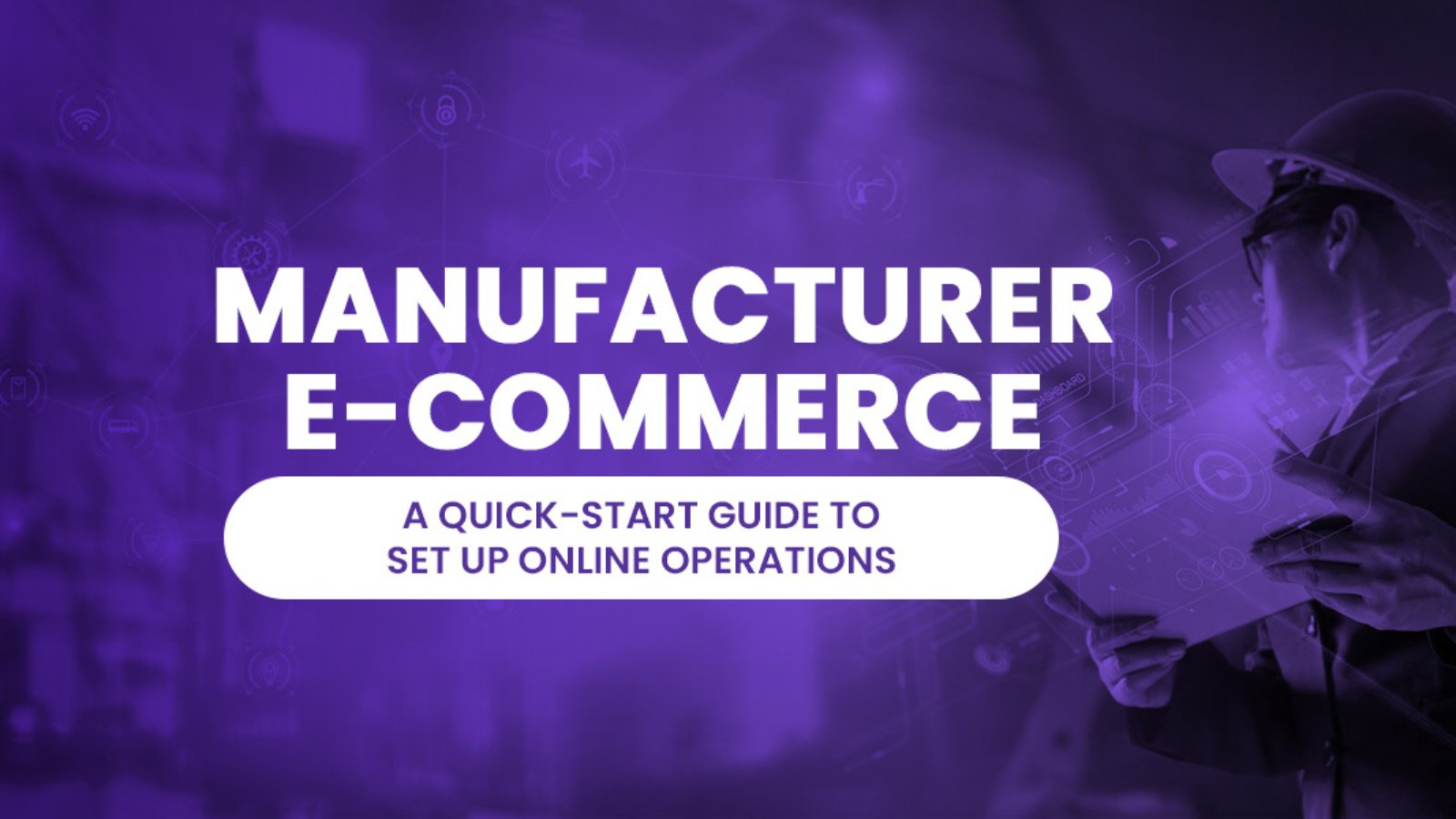In the dynamically evolving landscape of modern business, manufacturers are increasingly turning towards e-commerce to streamline their sales process and expand their market reach. The shift towards digital commerce, accelerated by the global pandemic, has significantly redefined the B2B manufacturer buyer landscape. This 800-word article provides a comprehensive guide for manufacturers looking to establish or enhance their online operations.
Understanding the Shift in B2B E-commerce
The manufacturing industry traditionally relies on direct sales or distributor networks for product distribution. However, the onset of the global pandemic and subsequent supply chain disruptions highlighted the need for digital transformation. The B2B e-commerce landscape has seen substantial growth, with a predicted increase to 17% of all B2B sales in the U.S. by 2023, up from 9% pre-pandemic. This shift is primarily driven by tech-savvy millennials, who now form a significant portion of B2B buyers who bring expectations for online experiences akin to B2C e-commerce.
Critical Benefits of Ecommerce for Manufacturers
- Direct Customer Access: E-commerce allows manufacturers to reach and understand their customers directly, helping them build stronger relationships, capture data, and improve brand loyalty through personalised engagement.
- Innovation and Customization: Manufacturers can innovate and prioritise product modifications and after-sales services with direct end-user feedback and procurement data.
- Scalability and Market Expansion: Digital commerce enables manufacturers to process orders more efficiently, tap into new markets, and enhance their online presence, which is crucial for attracting new customers.
- Operational Efficiencies: Digital platforms automate manual processes like billing and inventory management, freeing resources for core business activities.
- Catalogue Management and Brand Awareness: E-commerce platforms like BigCommerce support extensive product catalogues and provide SEO tools essential for brand visibility and online traffic.
- Data Analytics: Access to customer data allows for personalised product recommendations and real-time pricing adjustments, enhancing customer experience and sales.
Steps to Launching Manufacturer E-commerce
- Create an Engaging Website: Focus on offering a B2C experience to B2B buyers, integrating interactive elements like videos, educational resources, and specific pricing.
- Equip Sales Staff: Utilise e-commerce platforms to enhance customer service with tools like chatbots, virtual assistants, and personalised shopping assistance.
- Personalized Catalog: Leverage e-commerce to offer tailored experiences and quick reorder options based on customer data and purchase history.
- Real-time Product Information: Provide detailed product information and inventory updates, a feature increasingly expected by B2B buyers.
- Marketplace Integration: Connect with online marketplaces like Amazon and eBay to increase customer reach and sales.
Considerations in Ecommerce Store Creation
- Audience Identification: Understand the specific needs of your B2B buyers and map customer navigation flows on your website.
- Product Selection: Decide which products to sell online, focusing on creating B2C-like experiences for available products.
- Ecommerce Platform Selection: Choose a platform like BigCommerce that aligns with your business needs and offers B2C-like experiences for B2B buyers.
- Store Design: Select themes and designs that resonate with your brand and optimise the customer journey.
- Product Descriptions: Write clear, detailed product descriptions focusing on facts and figures, catering to the rational decision-making process in B2B transactions.
- Agency Partnership: Consider partnering with an e-commerce agency for website improvements and extensions.
Real-world Success Stories
Examining real-world applications provides valuable insights. For instance, TYGRIS, a B2B brand, experienced significant conversion rates, orders, and revenue growth after moving to BigCommerce, highlighting the potential of a well-executed e-commerce strategy.
Final Thoughts
The manufacturing sector stands at a pivotal point where embracing e-commerce can future-proof operations, increase profitability, and enhance buyer relationships. By adopting e-commerce, manufacturers can keep pace with the evolving market dynamics and establish a robust foundation for sustained growth and customer satisfaction.
Manufacturer e-commerce is not just an alternative sales channel; it’s a strategic necessity in the current business milieu. Manufacturers can thrive in the digital era by understanding the evolving buyer preferences, leveraging the right e-commerce platform, and adopting a customer-centric approach.

Add a Comment